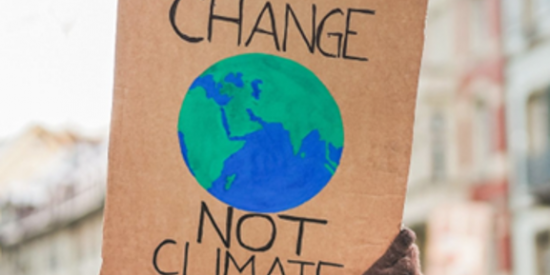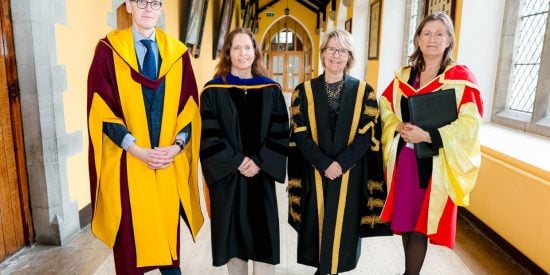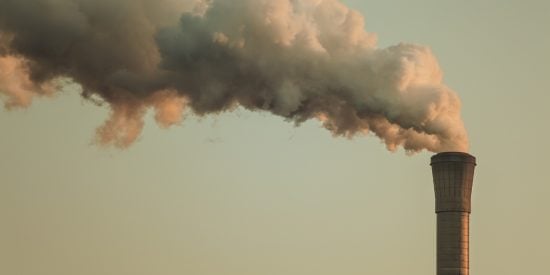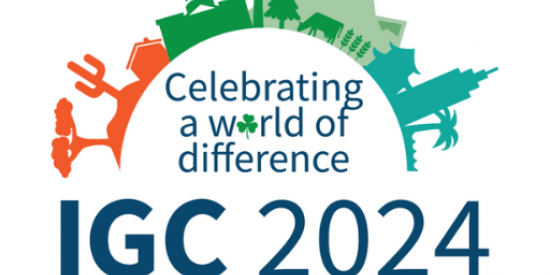They say that while climate change is already happening and is set to intensify in every region in the world, it is still possible to prevent the worst impacts.
“If we act now, we can still secure a liveable, sustainable future for all,” said IPCC chair, Hoesung Lee.
But their report stresses the urgency of the challenge if global warming is to be kept to the 1.5C threshold beyond which climate change will become faster, more extreme and increasingly irreversible.
“The pace and scale of what has been done so far, and current plans, are insufficient,” it says.
Professor Peter Thorne, climatologist at Maynooth University who was one of the report’s core authors, said the focus must now be on immediate action.
“The report makes very, very clear that, irrespective of our greenhouse gas emission choices in the short term, we will reach 1.5C more likely than not sometime in the first half of the next decade,” he said.
“The report makes absolutely clear that it is not a problem for future generations or future politicians to worry about.
“It is a problem that we have to grapple with now as politicians, as society, as communities, as industry, and if we fail to act in this decade the consequences of that failure will reverberate for centuries to thousands of years into the future.
“It really is a case of not being able to kick the can down the road anymore.”
Prof Thorne said current generations in Ireland will have to deal with the challenges of some sea level rise regardless of the choices made.
Long-term, however, the difference between a 1.5C world and a planet allowed to heat up further, would be a country similar to now albeit dealing with substantial sea level rise and a country geographically unrecognisable to how it is today.
Prof Thorne was one of 49 scientists from around the world who wrote the final summary of the report released by the IPCC in Switzerland this lunchtime.
The ‘synthesis report’ condenses tens of thousands of research papers by thousands of scientists reviewed and collated in various individual reports over the past eight years.
It provides governments and policymakers with the most up-to-date and comprehensive overview of climate knowledge they will have this decade.
It reinforces what several key reports in recent years have concluded: that global greenhouse gas emissions must be halved by 2030 to provide a more than even chance of keeping warming to 1.5C.
Even then, the goal of reaching net zero emissions by 2050 must be vigorously pursued and, for carbon dioxide, the most common and long-lasting of the greenhouse gases, methods must be found to remove it from the atmosphere post-2050.









